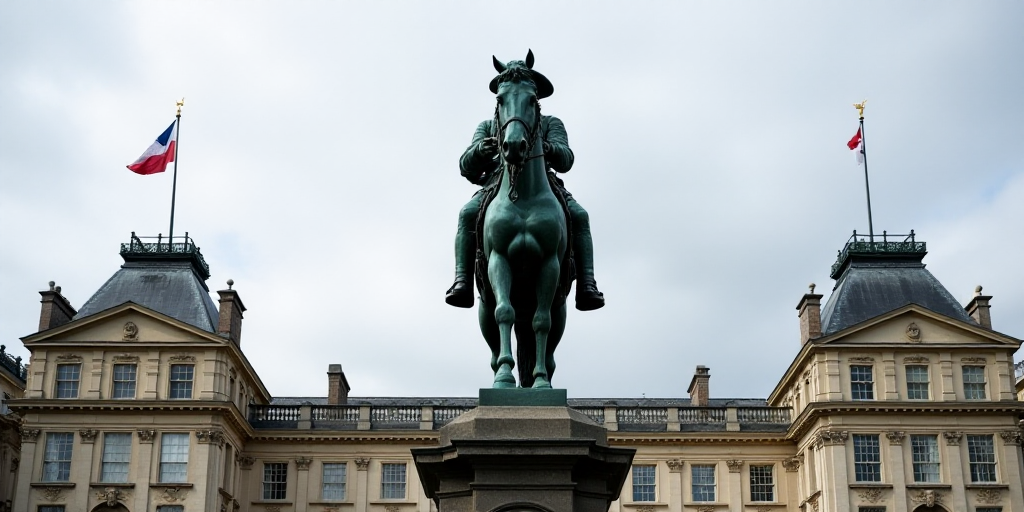Background on the Bank of England and Its Role
The Bank of England (BoE), often referred to as the UK’s central bank, is responsible for managing the country’s monetary policy. One of its primary tasks is setting the base interest rate, which influences other interest rates in the economy and, consequently, affects consumer borrowing costs, business investments, and overall economic growth.
Current Interest Rate Decision
On the given day, the Bank of England decided to keep its key interest rate unchanged at 4.0%. This decision was driven by the persistently high inflation in the UK, which outweighs the sluggish economic growth.
Andrew Bailey, the Governor of the BoE, stated in a press release: “While we expect inflation to return to our 2.0% target, we are not yet out of the woods, so any future rate cuts must be gradual and carefully managed.”
Inflation Data and Market Expectations
Official data released on the same day indicated that annual inflation reached 3.8% in August. The BoE forecasted a price increase of 4.0% for the current month.
Lindsay James, an investment strategist at the wealth management firm Quilter, noted that markets “are not fully pricing in the upcoming interest rate cut by the end of April.”
Balancing Inflation, Economic Growth, and Unemployment
Policymakers face the challenge of addressing rising inflation while also considering slow economic growth and elevated unemployment rates, which have reached their highest levels in four years.
Despite multiple reductions last year, the UK economy has struggled to grow following Chancellor Rachel Reeves’ decision to raise taxes and cut public spending after the Labour Party’s victory in July’s elections.
Key Questions and Answers
- What is the role of the Bank of England? The Bank of England manages monetary policy, including setting the base interest rate that influences other interest rates and overall economic conditions in the UK.
- Why did the BoE keep interest rates steady? The decision was driven by high inflation in the UK, which outweighs sluggish economic growth.
- What is the current inflation rate in the UK? The annual inflation rate was 3.8% in August, with the BoE forecasting a 4.0% increase for the current month.
- How are markets reacting to potential interest rate cuts? Markets are not fully pricing in the upcoming interest rate cut by the end of April, as suggested by Lindsay James from Quilter.
- What challenges do policymakers face? Policymakers must balance rising inflation with slow economic growth and high unemployment rates, which have reached their highest levels in four years.






